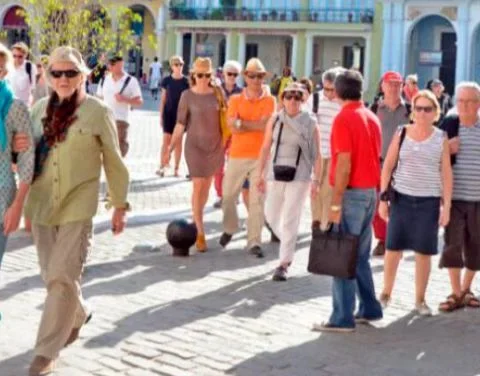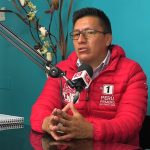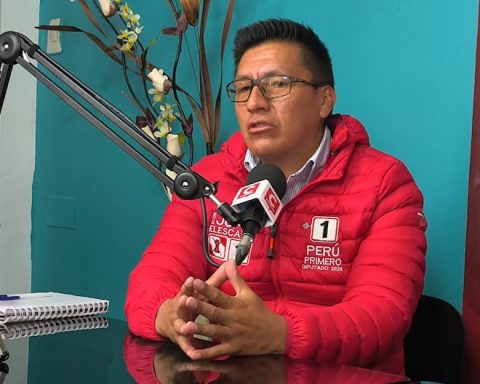For the fourth consecutive week, Cuba presented a sustained decrease in the number of indigenous cases of COVID-19.
Francisco Durán García, national director of Epidemiology of the Cuban Ministry of Public Health, indicated last Monday at the usual press conference on the behavior of the current pandemic, that the figure has steadily decreased, even when activities of great importance are carried out. risk with a concentration of people, for which he warned about self-care and compliance with hygienic-sanitary measures to avoid the disease.
Vaccination has undoubtedly helped control the disease in the country and shows its efficiency, but we have to continue taking care of ourselves for a long time, he said.
The day with the highest number of cases was Friday, March 4, with 638 positive cases, reported the Ministry of Public Health (MINSAP) in its usual part.
On Monday, the country registered 475, on Tuesday, 396, on Wednesday, 472, and on Thursday, 596.
Regarding pediatric cases, Durán indicated that for the fifth consecutive week the number of cases in this indicator also decreases.
In the most recent week, 886 cases were registered, 127 per day on average, and no pediatric deaths were reported.
Durán admitted that, although the care of the pediatric population is always insisted on, it is very necessary to protect children under two years of age, a population that has not yet been vaccinated.
Despite these encouraging figures, in Las Tunas the panorama of the SARS-CoV-2 coronavirus is taking place with ups and downs, in a context in which economic, cultural and service activities have been gradually reincorporating.
The value of the road to normality does not mean that the population is out of danger from COVID-19, since the number of infected people is still relevant, explained to the Cuban News Agency Dr. Aldo Cortés González, deputy director of the Center for Provincial of Hygiene, Epidemiology and Microbiology.
The call is that those who present respiratory symptoms comply with the established isolation protocol, if possible in their homes, and go to the consultations set up in health facilities to evaluate possible complications, especially in risk groups such as infants, pregnant women and adults. older, the specialist meant.
This week it transpired that the US news network NBC News described the development in Cuba of five of its own anti-COVID-19 immunogens as good news for people in poor countries who are waiting to be immunized against the current pandemic.
According to a note published by Prensa Latina, the television station exposed in a report the reasons that led the largest of the Antilles to be on the list of the best vaccinated nations in the world, even ahead of developed countries in Europe and North America.
93 percent of all citizens have at least one dose of one of their anti-COVID-19 vaccines (Soberana 02, Soberana Plus and Abdala), while this was the first nation to be ready to protect the older child population two years, NBC News acknowledged.
At the end of March 3, nine million 886 thousand 567 people have a complete vaccination scheme, a figure that represents 89.2 percent (%) of the Cuban population, reported the Ministry of Public Health (MINSAP).
According to the MINSAP report, there are 35,047,905 doses administered in the country with Cuban anti-COVID-19 vaccines (Soberana 02, Soberana Plus and Abdala).












